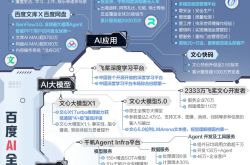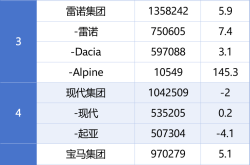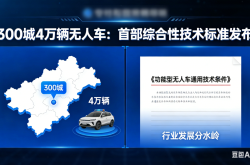After sweeping through Russia, it's Israel's turn for Chinese automobiles
![]() 07/09 2024
07/09 2024
![]() 692
692
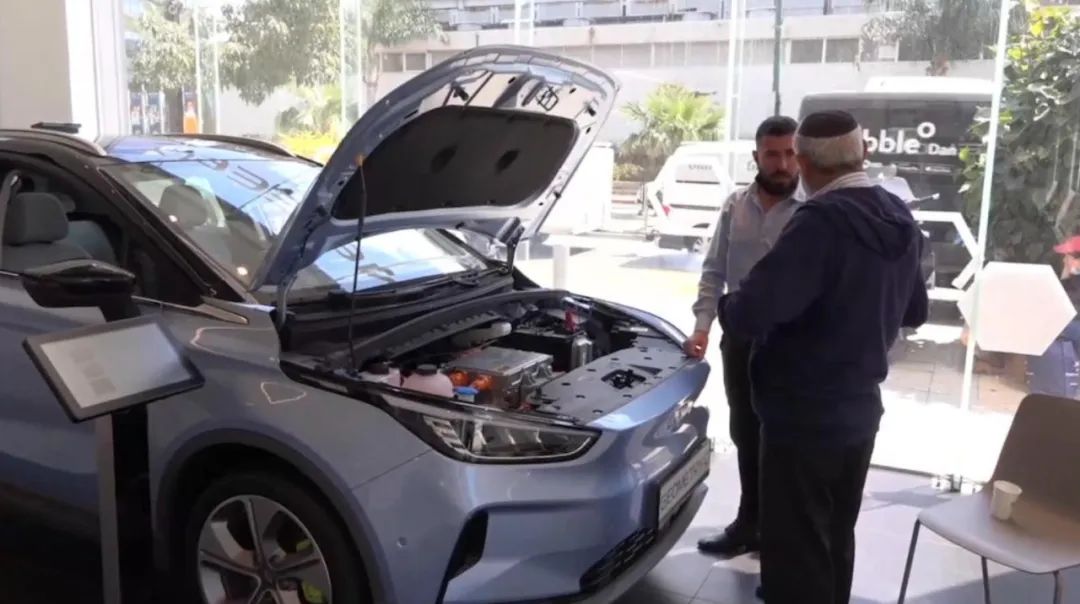
Introduction
Introduction
Which overseas market will be the next to be "occupied" by Chinese automobiles?
Editor in Charge | Li Sijia
Editor | He Zengrong
"Going overseas" is a buzzword in the current automotive market.
Especially considering that Chinese automobile exports have repeatedly hit new highs in recent years, automakers have higher expectations for overseas expansion. From exceeding 1 million vehicles in 2012 to breaking through 2 million in 2021, and then exceeding 4 million in just 11 months of 2023, this continuous string of victories has drastically increased the influence of Chinese automobiles and refreshed the world's perception of China's voice and speed.
Of course, the success of Chinese automobiles in going overseas has also started from "swallowing" one overseas market after another. Even Israel, which has been "bombarded" recently and is far away in the Middle East, has seen its automobile market swept by Chinese automobiles.
According to data recently released by the Israel Automobile Importers Association, in the first half of 2024, Chinese automobile brands led the Israeli automobile market, and China has become Israel's largest automobile supplier.
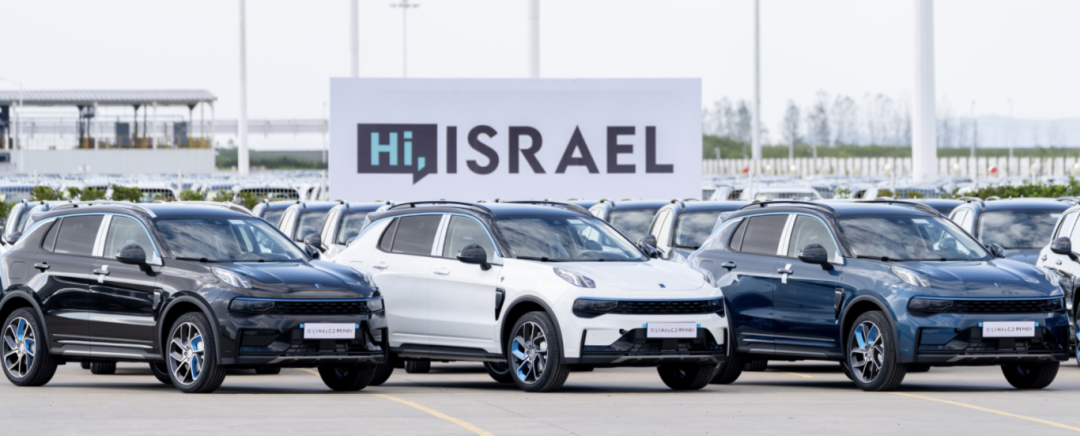
Obviously, from the European market, which has recently been in an uproar due to tariff collection, to the Russian market, which has always been a major destination for Chinese automobile exports; from the Middle East market, which has been cultivated for decades, to the ASEAN market, the bridgehead of Chinese automobile exports, and then to the South American, Australian, and new markets that have achieved remarkable results in recent years, the overseas expansion of Chinese automobiles has already blossomed everywhere.
And now, becoming Israel's largest automobile supplier is another milestone in Chinese automobile exports. With the successful development of one market after another and the establishment of one brand after another in foreign countries, it not only makes people speculate: which overseas market will be the next to be "occupied" by Chinese automobiles.
Chinese Automobiles "Occupying" Israel
In terms of Israel's specific situation, Chinese automakers sold nearly 35,000 fuel and electric vehicles in this market in the first half of this year, followed closely by Korean and Japanese brands with sales of 27,000 and 23,000 vehicles, respectively.
And in the new energy sector, where Chinese automobiles excel, electric vehicles from China account for 68.3% of the Israeli electric vehicle market, with sales of 27,000 vehicles.
Among them, BYD has become the best-selling brand, currently selling a total of 10,178 vehicles with six models in the market. The star model ATTO 3 (domestically known as Yuan PLUS) sold 7,265 vehicles and once again became the best-selling model in the Israeli market in the first half of the year.
It is worth mentioning that electric vehicles are currently performing well in Israel, accounting for 17% of the total sales of new cars in the market. Data shows that Israel sold 48,000 electric vehicles last year, a staggering 75% increase from 28,000 in 2022.
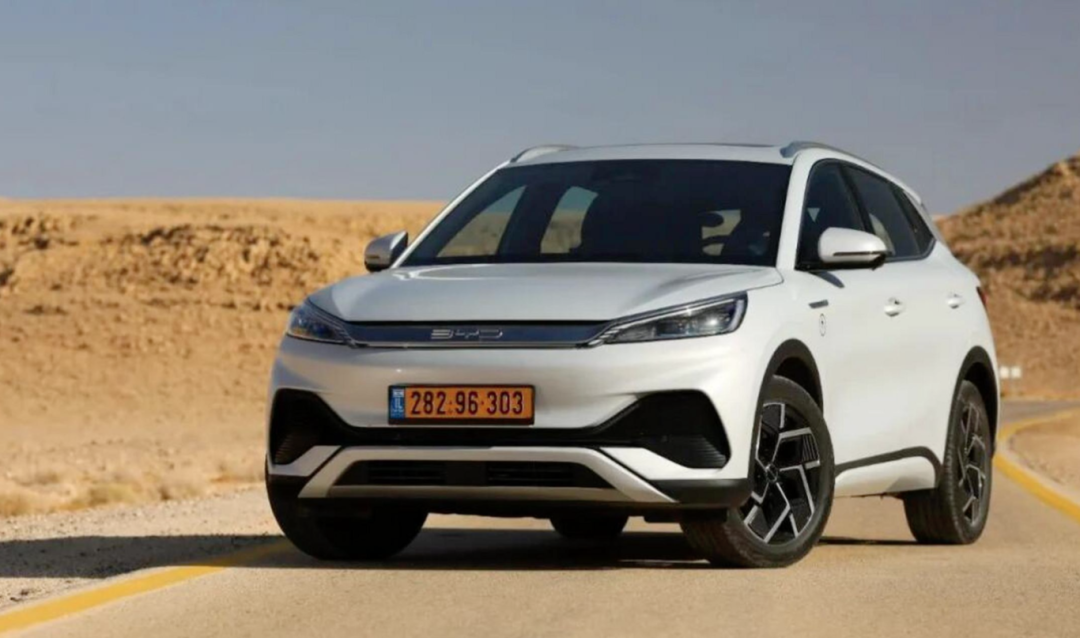
Against this backdrop, the total sales of Chinese electric vehicles were 29,000, more than double that of 2022, and also accounted for about 61% of the Israeli electric vehicle market.
It can be seen that both market share and growth rate indicate the potential prospects of electric vehicles in the Israeli market. And Chinese electric vehicles, which occupy more than 60% of the Israeli electric vehicle market, undoubtedly have greater opportunities.
Among the performance of major Chinese automakers last year, BYD and Geely became the "top students" of Chinese automakers in the Israeli electric vehicle market.
Among them, BYD sold a total of 15,000 electric vehicles, firmly ranking first in Israeli electric vehicle sales in 2023. Its star model ATTO 3 sold 14,000 vehicles, far higher than the 3,710 sold in the previous year. In addition, Geely ranked second in Israeli electric vehicle sales, delivering 7,219 Geometry C vehicles, and MG also sold 2,760 electric vehicles, ranking fifth.
The outstanding performance of Chinese automobiles represented by BYD, Geely, and MG in the Israeli market shows that Chinese automobiles are becoming increasingly popular in this market. And this market tone is also one of the prerequisites for the current Chinese automobiles sweeping through Israel and becoming the country's largest automobile supplier.
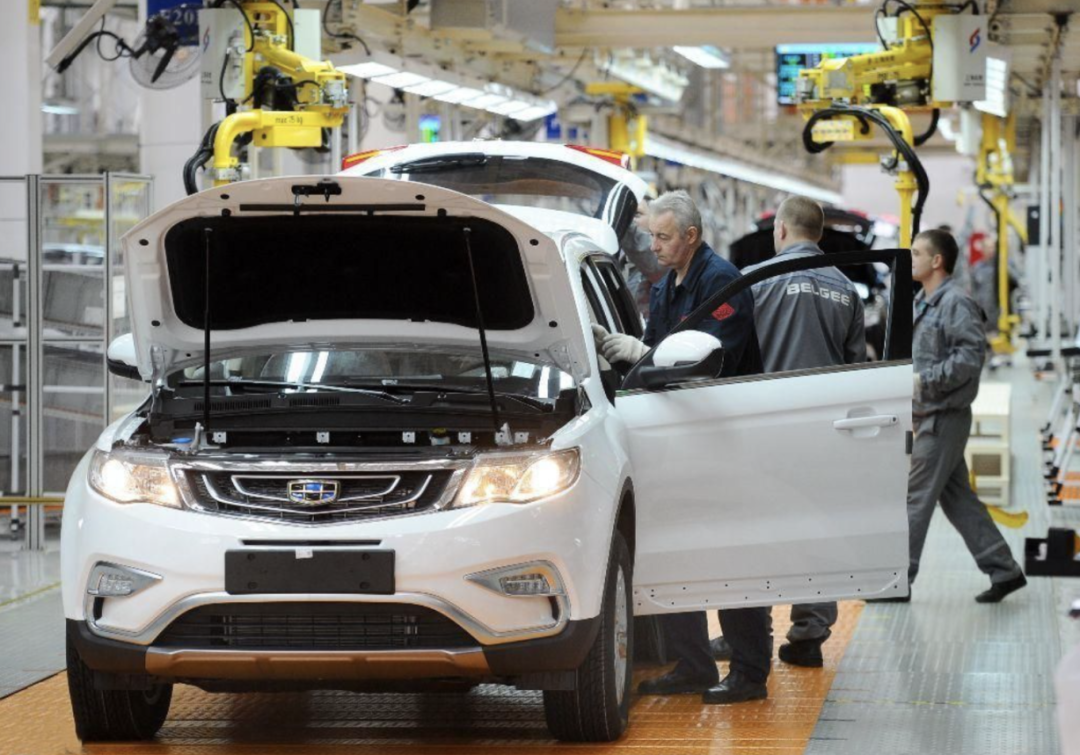
Although at the beginning of this year, the Israeli government increased the tax rate on electric vehicle purchase tax from 20% to 35%. At the same time, the upper limit of the tax exemption was also reduced from 60,000 shekels (nearly 120,000 RMB) to 50,000 shekels. Although this round of tax rate adjustments led to price increases for many Chinese electric vehicles, it did not weaken the competitiveness of Chinese electric vehicles in the local market.
And this success is not accidental, which benefits from the advantages of Chinese automobiles in technology, price, and marketing.
However, facing a changing market and complex situation, Chinese automobile brands still need to continuously improve their competitiveness. Based on the current achievements, in future development, we also have reason to believe that Chinese automobiles will achieve greater breakthroughs in the global market.
Both Opportunities and Strength are Indispensable
Actually, after seeing the situation of Chinese automobiles in Israel, you will find that this scene seems familiar.
Yes, it is exactly what Chinese automobiles have experienced in the Russian market before.
Finding opportunities in a changing environment and taking root in different soils, from Russia to Israel, we have witnessed the pioneering journey of Chinese automobiles time and time again.
At the beginning of 2022, with the outbreak of the Russia-Ukraine crisis, the Russian automobile industry ushered in a turning point. Well-known international automobile giants such as Renault, Toyota, Volkswagen, Hyundai, and Nissan withdrew from the Russian market one after another in the face of the crisis. And their strategic retreat undoubtedly gave Chinese automobiles an opportunity to enter the Russian market.
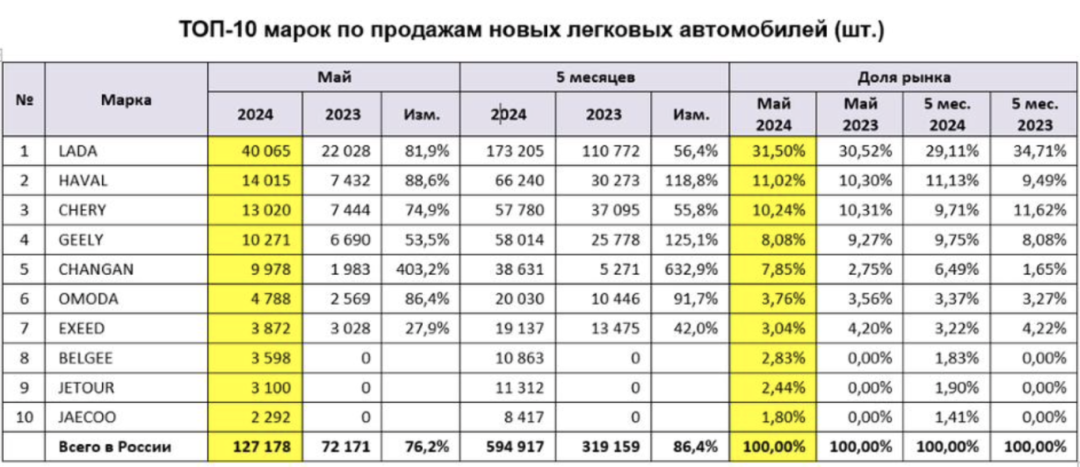
Data shows that in the first five months of this year, the total sales of the Russian passenger car market reached 595,000 vehicles, a year-on-year increase of 86.4%.
Among the top ten best-selling passenger car brands, in addition to the local brand Lada, the remaining nine places were occupied by Chinese brands, including Haval, Geely, Chery, Changan, OMODA, EXEED, Belgee, Jaecoo, and JETOUR. Among them, Belgee is a joint venture brand between Belarus and Geely, and Jaecoo is a sub-brand of Chery.
With the support of the above-mentioned brands and their related models, Chinese automobiles have already occupied more than half of the Russian market share. Data shows that in 2019, the market share of Chinese automobiles in Russia was 9%, and this year, it has increased to 49%.
Of course, this is still the case when the Russian market has experienced a huge contraction.
As early as 2021, before the Russia-Ukraine conflict, Russia was still the eighth largest automobile market in the world with annual sales of 1.66 million vehicles, while in 2023, the annual sales of the Russian automobile market were only 1.05 million, a decline of more than 600,000 vehicles.

That is to say, if the Russian market can return to the sales level of 2021, then Russia is likely to import Chinese automobiles on a larger scale, after all, Russia is currently the largest market for Chinese automobile exports.
Similar to the Russian market, the Israeli automobile market has also been affected by the Israel-Palestine conflict.
According to statistics from the Israel Automobile Importers Association, the total sales of automobiles in Israel in 2023 were 270,000 vehicles, a slight increase of 0.7% compared to the previous year. Affected by the Israel-Palestine conflict, automobile sales in Israel decreased in the second half of the year, with only 4,738 new vehicles sold in December.
In this case, Chinese automobiles can still develop into Israel's largest automobile supplier. If the market recovers in the future, Chinese automobiles will also have the potential to achieve higher achievements.

Of course, the difficulties currently faced by Chinese automobiles in Russia and other global markets are also worth learning from in the development of the Israeli market.
For example, the rapid rise of Chinese automobiles in Russia has made Russian consumers have mixed feelings about Chinese automobiles. On the one hand, they recognize the cost-effectiveness of Chinese automobiles; but on the other hand, they are dissatisfied with the price and quality issues of Chinese automobiles. These problems have brought challenges to the development of Chinese automakers to varying degrees.
Fortunately, with the significant progress made by Chinese automobiles in terms of power, comfort, technology, and other product capabilities, Russian consumers have greatly changed their attitude towards Chinese automobiles and even Made in China. And this improvement in product capabilities itself will also become the key to the success of Chinese automobiles in Israel and other global markets in the future.






